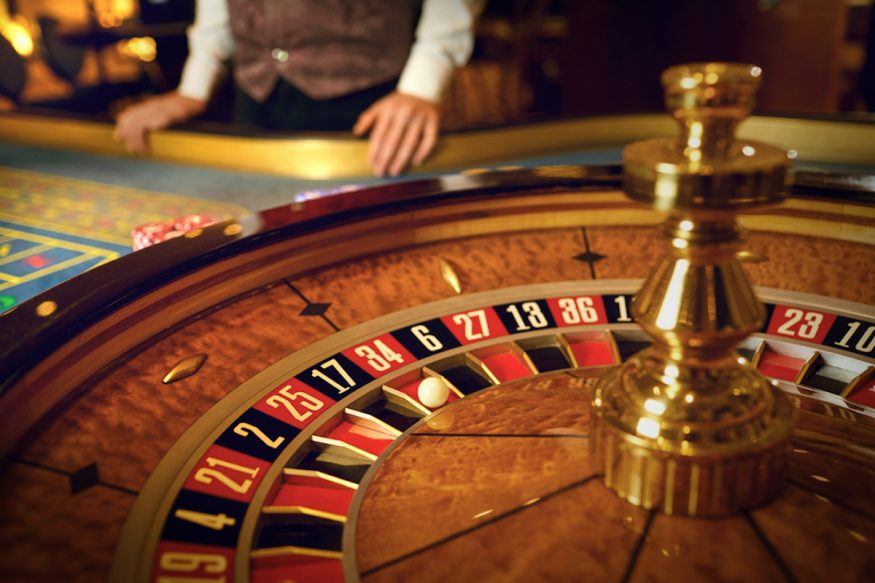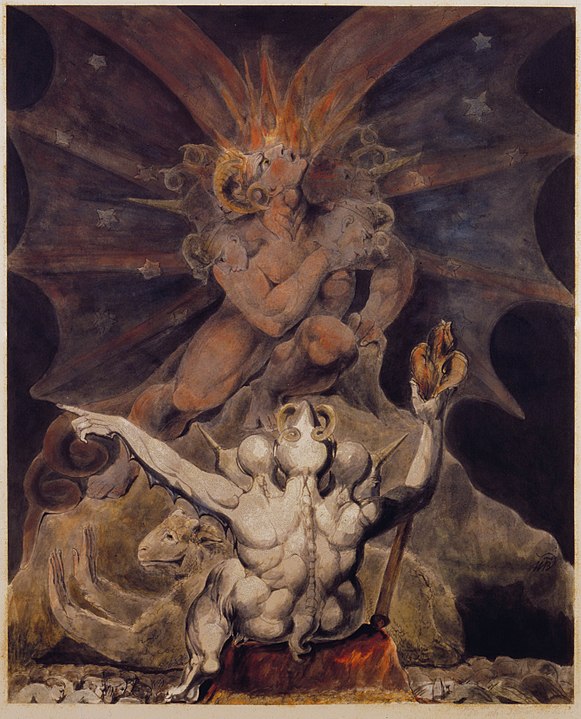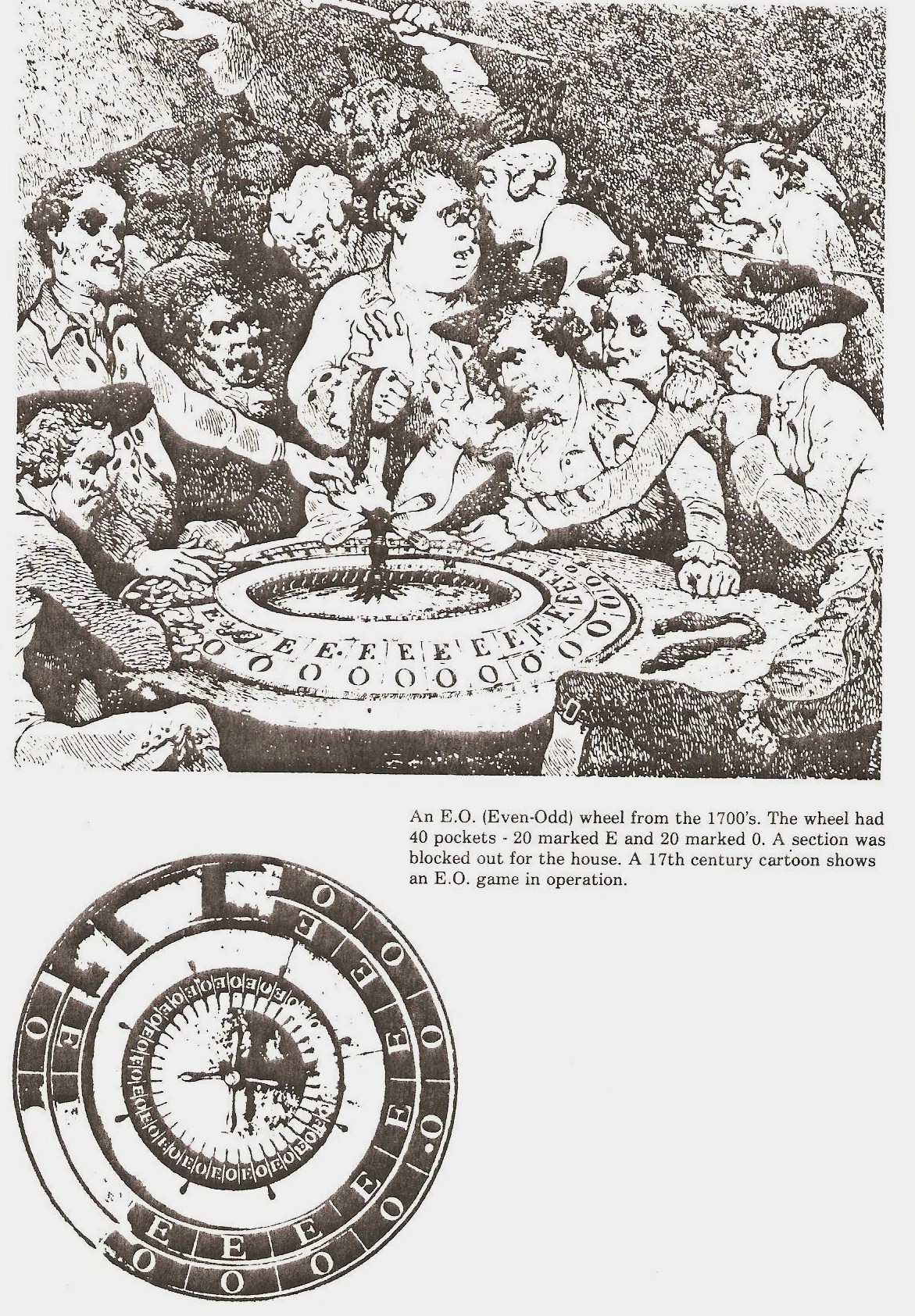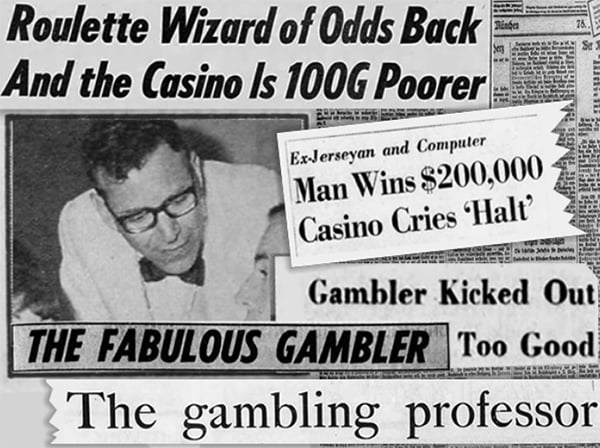5 Surprising Facts About Roulette You Likely Didn’t Know

Roulette is one of the most iconic and enduring casino games in the world. Despite its centuries-old history and familiar format, the game still holds intriguing secrets and unexpected trivia. Discover five fascinating insights into the world of roulette that might surprise even seasoned players.
The Mysterious Connection Between Roulette and the Devil
Roulette is sometimes dubbed the “Devil’s Wheel,” and this nickname isn’t just because of the game’s reputation for tempting fate. Adding together all the numbers on a standard roulette wheel, whether it’s the European (single zero) or the American (double zero) version, the total is 666-a number synonymous with the “number of the beast” in biblical tradition.
Beyond numerology, roulette’s association with risk has also led to its diabolical reputation-it’s a game that can be exhilarating, but potentially hellish for your bankroll.

The Uncertain Origins of Roulette
While roulette’s French name translates as “little wheel,” the game’s exact beginnings remain a matter of debate. The most prominent theory credits Blaise Pascal, the 17th-century French mathematician and physicist, who is believed to have invented the roulette wheel while pursuing perpetual motion-a scientific holy grail.
Other stories suggest that a French monk created the game out of boredom, or that a group of Dominican monks came up with it during their leisure time. Some historians believe roulette borrowed elements from older English gambling games like Roly-Poly or “E.O.” (Even/Odd), which also used spinning wheels and betting.

Roulette’s Past: A Hotbed for Cheating
Before the advent of modern surveillance and secure gaming technology, casinos found it much tougher to keep cheaters at bay at the roulette tables. Schemes ranged from manipulating the wheel to using magnetic balls or colluding with disgruntled casino staff.
Some of the most cunning approaches involved tracking wheel imperfections. Famous figures like Joseph Jagger and Dr. Richard Jarecki famously identified physical flaws in roulette wheels-such as worn pockets or irregularities-and meticulously recorded the numbers that hit most frequently. Through careful observation and record-keeping, they managed to exploit these patterns and walk away with significant winnings.

With today’s casinos routinely replacing equipment and using the latest technology, such exploits are all but impossible.
The Popularity of Number 17
Among the 37 or 38 numbers on a roulette wheel, 17 stands out as the most frequently chosen by players. This trend was boosted by James Bond novels, where Agent 007 is often portrayed favoring 17 at the roulette table. The central location of 17 on the betting layout may also subconsciously attract players’ attention, making it a popular pick for both fans and newcomers alike.

Card-Based Roulette in California
California’s gaming laws prohibit traditional casino games that rely on dice or spinning wheels. As a workaround, card-based versions of roulette have emerged in the state. In these variations, a deck of cards replaces the wheel and ball, keeping the betting system, odds, and payouts consistent with classic roulette while complying with legal requirements.
Although the gameplay experience is different, the thrill of betting and winning at roulette is preserved for players even in locations with stricter gaming laws.
Conclusion
From mysterious origins and legendary cheats to legal adaptations and superstitions inspired by pop culture, the world of roulette is filled with captivating details. Whether you’re a casual player or a gaming enthusiast, there’s always something new to learn about this enduring casino classic.













